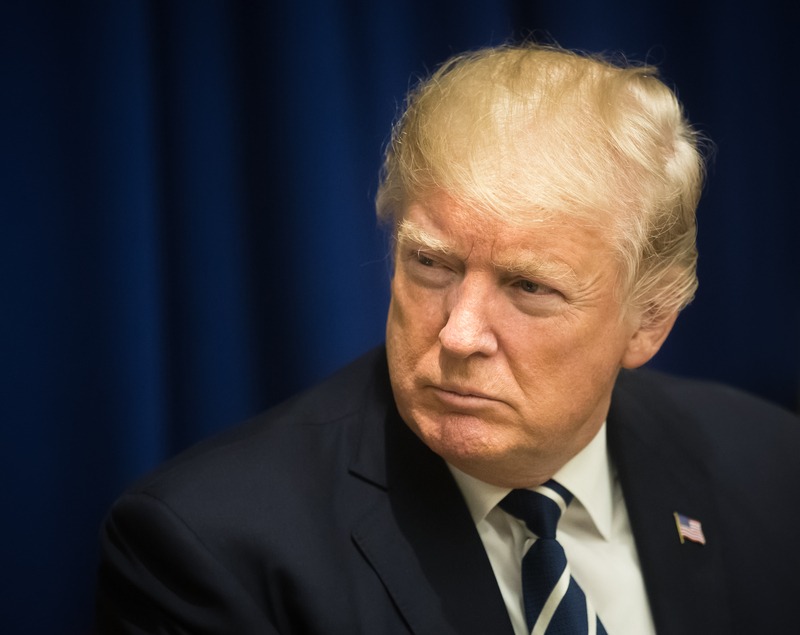Nvidia Corporation has received approval from the Trump administration to resume sales of its advanced H20 computer chips to China, marking a significant policy reversal that could boost the company’s revenue by billions of dollars. The announcement came through a company blog post late Monday, July 14, 2025, as CEO Jensen Huang visited Beijing for trade discussions.
The U.S. government has assured Nvidia that licenses will be granted for the H20 chips, which are specifically designed for artificial intelligence development. Huang announced the development during a press conference in Beijing on Tuesday, July 15, stating that the “U.S. government has approved for us filing licenses to start shipping H20s.”
The approval represents a complete reversal of the Trump administration’s April 2025 decision to restrict sales of Nvidia’s H20 chips and Advanced Micro Devices’ MI308 chips to China. The original restrictions were implemented as part of President Trump’s “Liberation Day” trade moves, requiring special licensing for exports of advanced semiconductors to China.
Huang emphasized the importance of the Chinese market during his Beijing visit, noting that half of the world’s AI researchers are located in China. He indicated that the innovative and dynamic nature of China’s technology sector makes it crucial for American companies to compete and serve the market effectively.
The chip export ban had significantly impacted Nvidia’s financial performance, with the company reporting that tighter export controls would cost an additional 5.5 billion dollars. The restrictions led to 4.5 billion dollars in inventory write-downs and an estimated 2.5 billion dollars in lost projected sales when shipments were paused in April.
Huang met with President Trump and other U.S. policymakers before his Beijing trip, where he lobbied for the reversal of the restrictions. The Nvidia CEO argued that export limits hinder U.S. competition in a leading-edge sector within one of the world’s largest technology markets.
During his Wednesday press conference in Beijing, Huang downplayed his personal role in the policy change, indicating that the decision was entirely in the hands of American and Chinese governments. He described his role as informing governments about the nature and unintended consequences of their policies, emphasizing that companies can only influence and inform policymakers with facts.
The H20 chip was originally engineered to comply with earlier U.S. export controls on China, featuring reduced capabilities compared to Nvidia’s standard AI processors. Despite these limitations, the chip remained highly sought after by Chinese technology companies developing AI applications and large language models.
Wall Street analysts praised the development as a watershed moment for Nvidia and the broader AI industry. Wedbush Securities senior analyst Daniel Ives characterized the approval as a “monster win” for Huang and Nvidia, predicting that the green light will likely propel Wall Street’s growth estimates for the company over the coming years.
The news generated immediate market enthusiasm, with Nvidia’s stock rising 4.5 percent to 171.40 dollars in pre-market trading Tuesday. The company’s shares traded in Frankfurt jumped 3.2 percent early Tuesday, while U.S. traded shares slipped 0.5 percent in after-hours trading Monday.
Nvidia recently became the first company to surpass four trillion dollars in market valuation, benefiting enormously from the rapid adoption of AI technology. The company commands an estimated 97 percent share of the GPU accelerator segment, making it the dominant player in AI hardware.
China generated 17 billion dollars in revenue for Nvidia in the fiscal year ending January 26, accounting for 13 percent of the company’s total sales. The resumption of sales is expected to provide a significant boost to revenue during the second half of 2025.
The policy reversal comes as concerns persist about China’s potential military use of advanced AI technology. The emergence of China’s DeepSeek AI chatbot in January had renewed concerns about how China might use advanced chips to develop competing AI capabilities.
Huang is attending the China International Supply Chain Expo in Beijing, where Nvidia serves as an exhibitor. The broadcast showed him meeting with Ren Hongbin, head of the China Council for Promotion of International Trade, which hosts the expo.











